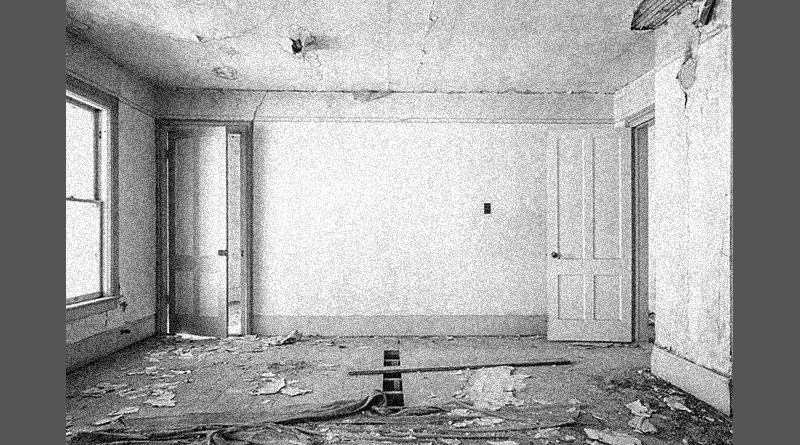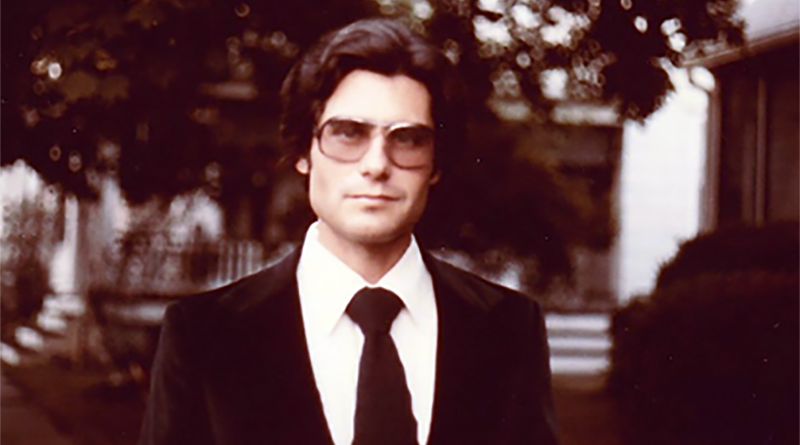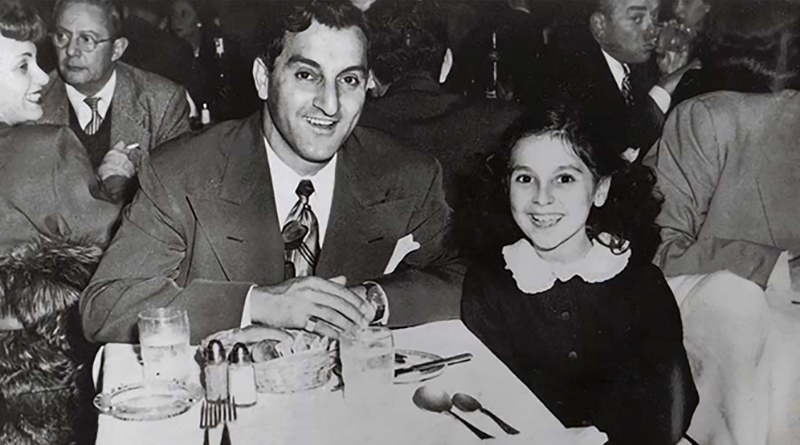We soon came to the house we were looking for, by far the most impressive structure in the whole village. From the outside it looked decidedly gloomy with its blackened walls, narrow barred windows, and all the marks of long neglect. It had been the home of a titled family which had gone away long ago; then it had served as a barracks for the carabinieri until they had moved to their newly-built modern headquarters, and the filth and squalor of the walls inside still bore witness to its military occupation. The drawing room had been cut up into dark prison cells, with high grated windows and heavy chains on the doors. The doors, swollen by rain and ice, could no longer be closed and the windowpanes were all broken; a thick layer of dust blown in by the wind covered everything in sight. Strips of plaster and cobwebs hung down from the gilded and painted ceiling; the black and white tiles of the floor, originally laid in a pattern, were loose, and stalks of gray grass had pushed up through the cracks.
As we went from room to room, we were greeted by a quick, furtive sound like that of frightened animals running to shelter. I threw open a French window and went out on a balcony that had a crumpled eighteenth-century iron railing. When I stepped out of the darkness I was almost blinded by the sudden dazzling light. Below me lay a ravine; straight ahead, with nothing to block my view, infinite wastes of white clay, with no sign of human life upon them, shimmering in the sunlight as far as the eye could see until they seemed to melt away into the white sky. Not a single shadow broke the monotony of this sea on which the sun beat down from directly overhead. It was high noon, time to go home.
How could I manage to live in this noble ruin? But there was a melancholy enchantment about the place; I could pace up and down on the loose tiles; and as nighttime companions I preferred bats to the tax collectors and bedbugs of the widow’s abode. Perhaps, I thought, I could have new glass put in the windows, have a mosquito net sent from Turin to protect me from malaria, and give back some life to the rough and crumbling walls. I told the lame man, who was waiting in the square with his quartered goat, to write to Naples, and I walked back up to my temporary lodgings. — Carlo Levi, in his book Christ Stopped At Eboli: The Story Of A Year [1935–36] (borrow free)







